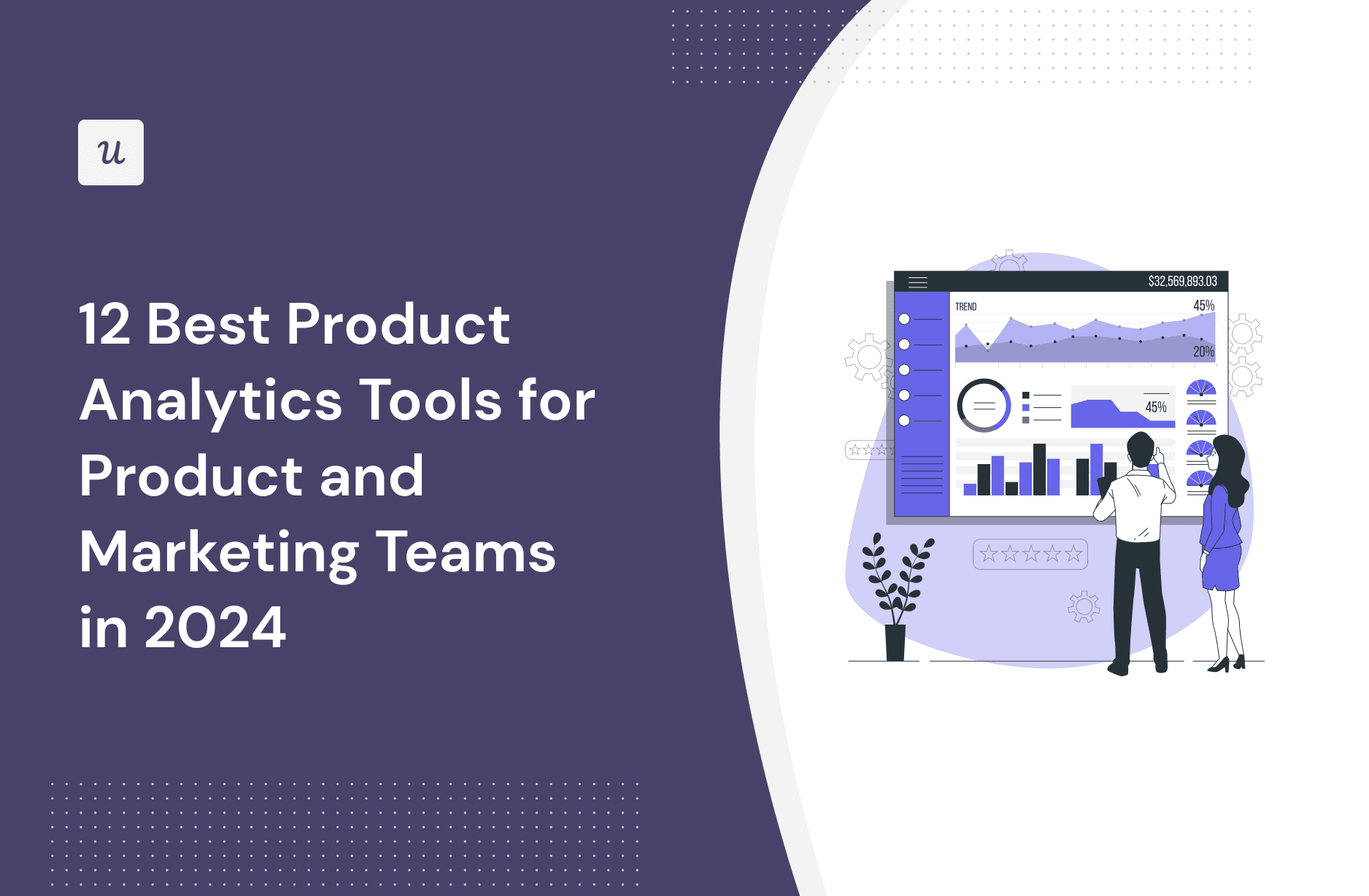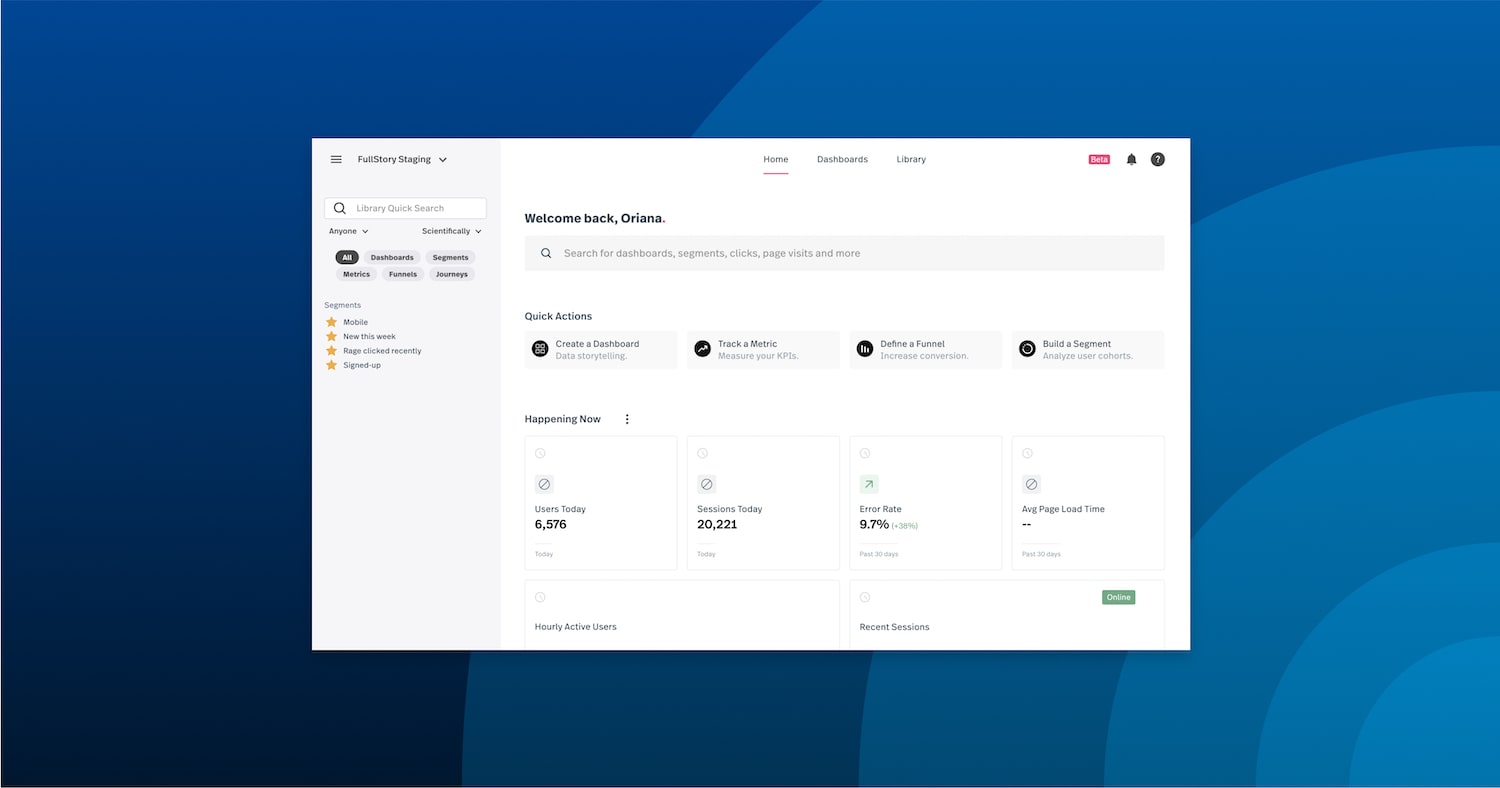Achieve Company Goals Faster With Tailored Analytics Providers
Achieve Company Goals Faster With Tailored Analytics Providers
Blog Article
Increase Efficiency and Earnings Via Data Analytics
In today's data-driven landscape, companies are increasingly identifying the crucial duty of data analytics in improving functional effectiveness and success. By systematically analyzing data, companies can discover vital understandings that educate critical decisions, enhance processes, and dressmaker customer experiences (Analytics). Nonetheless, the challenge exists not just in the implementation of these analytical devices but likewise in recognizing exactly how to convert data into workable end results. As we explore the subtleties of reliable data-driven approaches, the implications for both temporary gains and lasting success ended up being significantly clear. What might these understandings expose for your company?
Recognizing Data Analytics
In today's data-driven landscape, understanding data analytics is necessary for organizations intending to improve operational efficiency and drive productivity. Data analytics entails the organized computational evaluation of data sets to uncover patterns, relationships, and understandings that inform decision-making. By utilizing various strategies, such as statistical analysis, artificial intelligence, and predictive modeling, companies can change raw information into workable intelligence.
The process usually starts with data collection, where appropriate info is gathered from several sources, including transactional data sources, customer communications, and market fads. This information is after that cleansed and arranged to make certain accuracy and consistency. When the data is prepared, analytical tools and software program are used to check out and imagine the info, making it possible for stakeholders to identify trends and anomalies.
Ultimately, understanding data analytics equips organizations to make educated choices based on empirical evidence rather than instinct. It helps with targeted techniques that can maximize resource appropriation, enhance client complete satisfaction, and improve total efficiency. As companies increasingly recognize the worth of data-driven understandings, a solid understanding of data analytics becomes an important competency for teams and leaders alike, placing them for sustained success in an affordable setting.

Key Benefits for Companies
Services that take advantage of information analytics can unlock a wide range of benefits that significantly boost their operations and productivity. One of the main advantages is boosted decision-making. Data analytics supplies actionable understandings originated from real-time information, permitting services to make enlightened selections that align with market needs and consumer choices.

Furthermore, data analytics cultivates enhanced consumer experiences. By understanding client habits and preferences, businesses can tailor their offerings, causing boosted contentment and commitment. This tailored approach frequently causes greater conversion prices and repeat organization.
In addition, data analytics allows services to determine arising fads and possibilities. By staying ahead of the contour, companies can profit from new markets and innovations prior to their competitors.
Applying Data-Driven Strategies
Successful application of data-driven methods needs an extensive understanding of both organizational goals and readily available information resources. Organizations should first specify their objectives plainly, making sure alignment in between information campaigns and calculated aims. This quality enables teams to concentrate on appropriate metrics and understandings that drive decision-making.
Premium information is important for exact analysis, as poor data can lead to illinformed methods and wasted resources - Analytics. Organizations has to develop procedures for information collection, cleaning, and management to preserve data honesty.
In addition, cultivating a data-driven culture is important. Staff members at all levels must be urged to utilize data in their everyday procedures. Educating programs and workshops can improve information proficiency, encouraging staff to make educated decisions based on analytical understandings.
Tools and Technologies Summary
A robust suite of technologies and tools is necessary for companies intending to harness the complete potential of information analytics. These find more information devices facilitate the collection, processing, and visualization of data, enabling businesses to obtain workable understandings.
At the foundational degree, information monitoring platforms such as SQL data sources and NoSQL systems supply effective information storage and retrieval capabilities. For information handling and evaluation, programming languages like Python and R, along with structures such as Apache Glow, allow complicated estimations and artificial intelligence applications.
Visualization devices, including Tableau and Power BI, change raw information into user-friendly visual styles, making insights accessible to stakeholders at all levels. In addition, cloud-based systems like Google Cloud and AWS provide scalable storage and handling options, suiting the expanding volumes of information companies experience.
For advanced analytics, anticipating modeling and AI-driven services are significantly adopted, enabling companies to anticipate patterns and enhance decision-making procedures. Integrating these tools into existing workflows is vital; organizations that successfully utilize this innovation can significantly enhance functional efficiency and drive earnings. Hence, spending in the right tools and innovations is a tactical imperative for any data-driven organization.
Situation Researches of Success
Leveraging data analytics has led various companies to achieve amazing enhancements in efficiency and success. One significant instance is a large retail chain that executed predictive analytics to enhance stock monitoring. By analyzing historical sales data and client fads, the firm reduced excess supply by 30%, leading to significant expense savings and improved capital.
One more example can be located in the production field, where a leading auto manufacturer utilized data analytics to enhance its manufacturing processes. By keeping track of device performance in real-time, the company recognized traffic jams and inadequacies, causing a 20% boost in general equipment effectiveness (OEE) This not only boosted manufacturing prices but likewise lessened downtime and upkeep expenses.

These study show just how information analytics can drive strategic why not look here decision-making, enhance procedures, and inevitably enhance both effectiveness and profitability across various markets.
Verdict
In conclusion, the combination of data analytics right into business procedures provides substantial chances for improving performance and success. By methodically examining information, companies can recognize inadequacies, maximize consumer experiences, and make educated choices.
In today's data-driven landscape, recognizing information analytics is essential for organizations intending to boost operational efficiency and drive productivity. Information analytics includes the methodical computational evaluation of information sets to reveal patterns, relationships, and insights that inform decision-making. Information analytics gives workable understandings obtained from real-time data, permitting services to make educated options that align with market needs and consumer preferences.
Top quality information is necessary for precise analysis, as poor information can lead to misguided strategies and wasted sources. Organizations should develop procedures for data collection, cleansing, and administration to keep information integrity.
Report this page